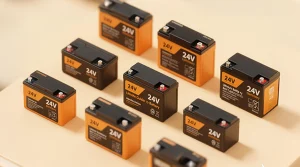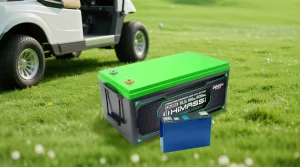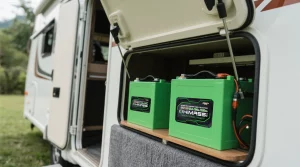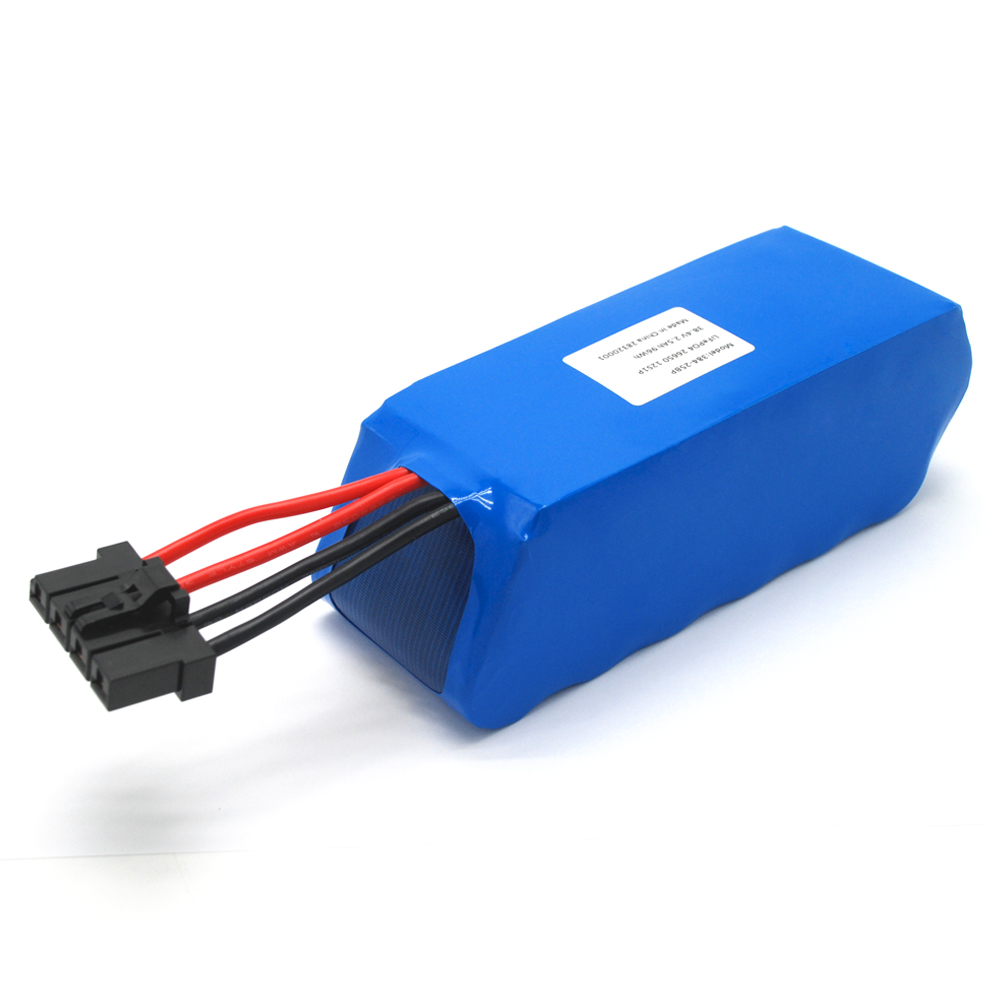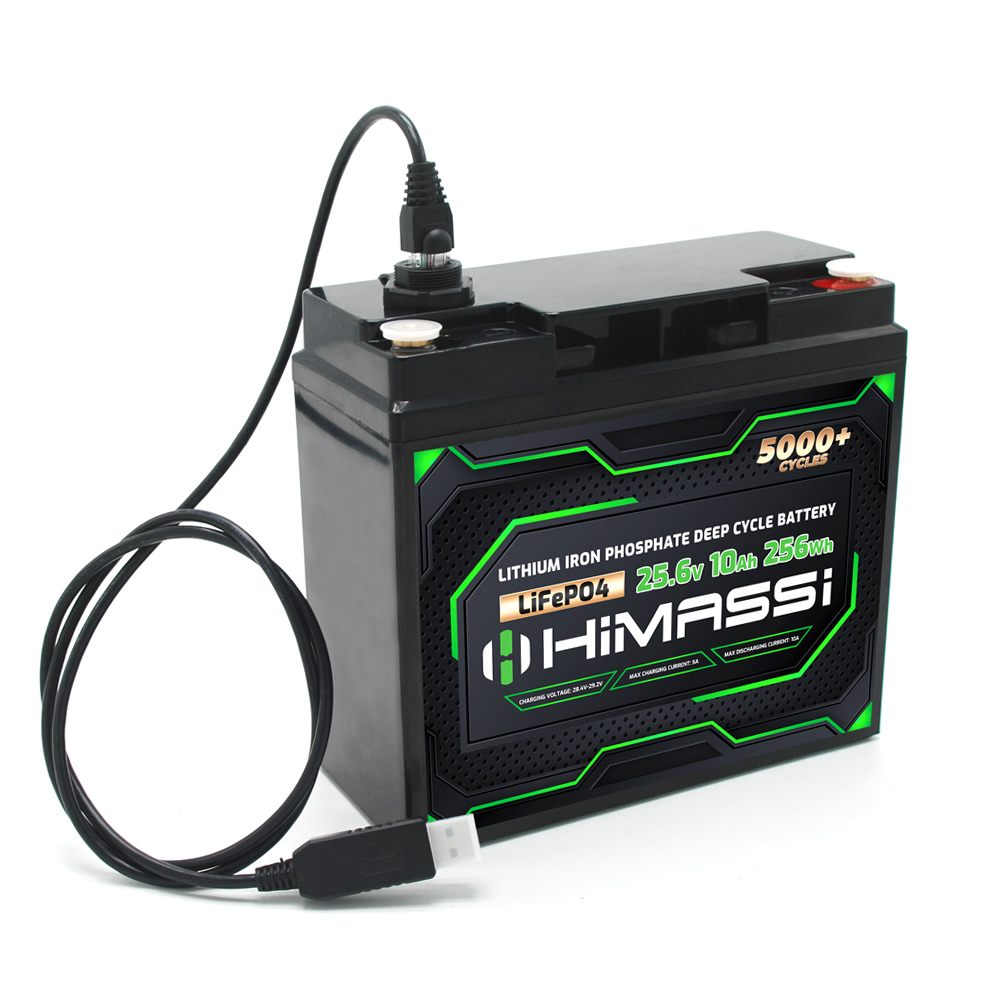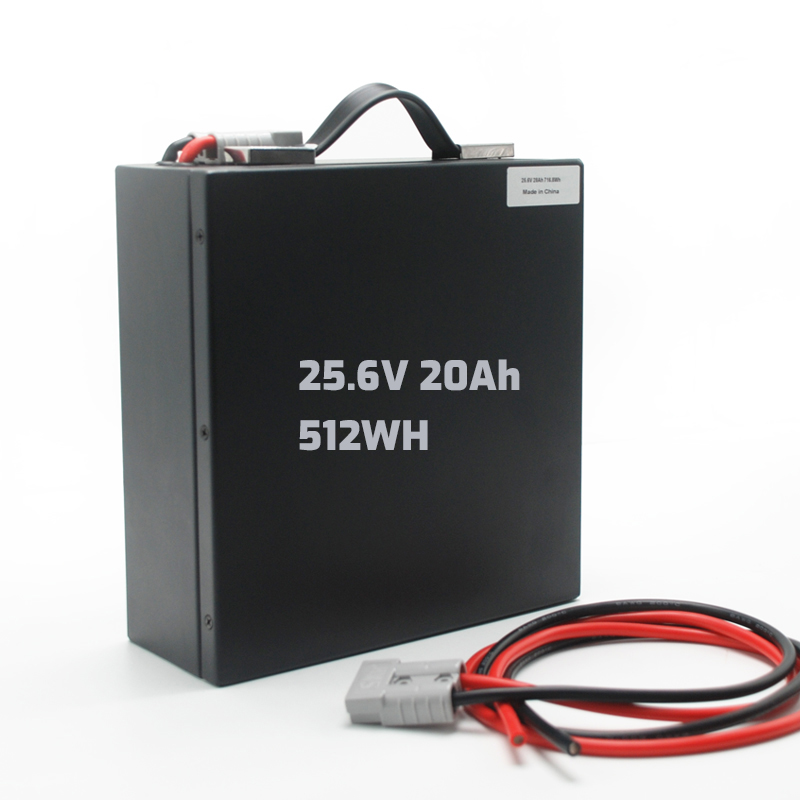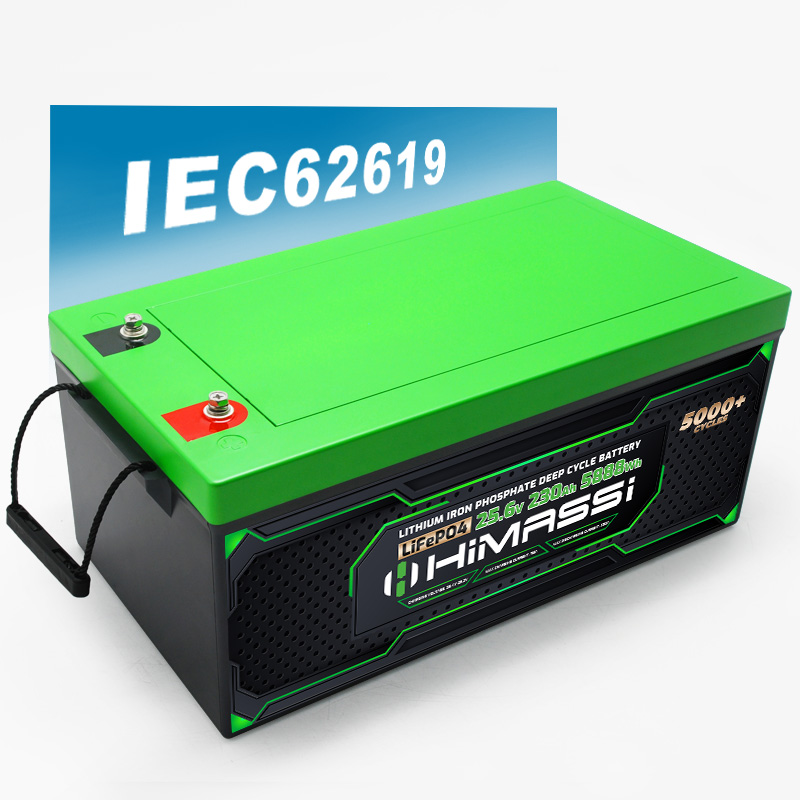When it comes to custom lithium battery packs, choosing the right Battery Management System (BMS) is essential. A BMS ensures the safety, efficiency, and longevity of your battery packs, whether you’re using them in industrial applications, electric vehicles, or energy storage systems. In this blog, we will walk you through the key aspects of selecting the best BMS for your custom lithium battery packs, focusing on the critical functions, features, and factors that can impact your battery’s performance.
What is a Battery Management System (BMS) and Why Does it Matter for Lithium Battery Packs?
A Battery Management System (BMS) is a crucial component in custom lithium-ion and LiFePO4 battery packs. It monitors and controls various aspects of battery performance, such as voltage, current, and temperature. By doing so, it helps extend battery life, improves safety, and ensures optimal performance in real-world applications.
When you invest in custom lithium battery packs, especially for demanding applications like forklift lithium battery packs, energy storage systems, or electric vehicles (EVs), the right BMS becomes even more critical. It protects the battery from overcharging, overdischarging, and thermal runaway, preventing catastrophic failures and optimizing the efficiency of the entire battery system.
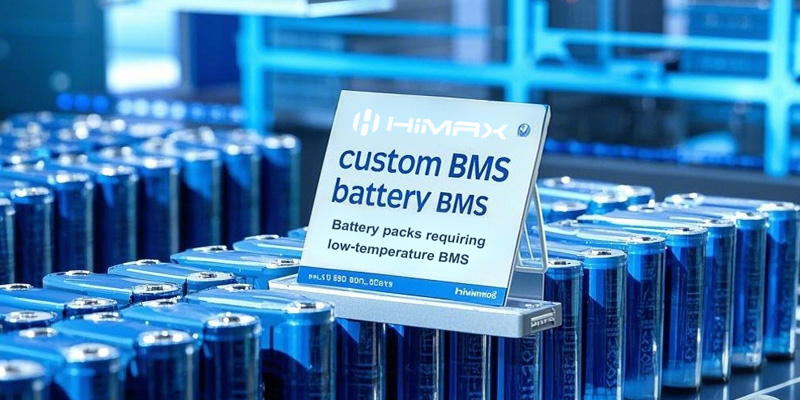
Key Functions of a Battery Management System (BMS) in Custom Lithium Battery Packs
1. Battery Monitoring and Protection
A primary function of any battery management system is constant monitoring. A BMS tracks critical parameters such as:
- Voltage (across individual cells and the entire pack)
- Current (input and output)
- Temperature (cell temperature to avoid overheating)
- State of Charge (SOC) and State of Health (SOH)
By constantly monitoring these variables, a BMS ensures that each lithium battery pack stays within safe operating conditions, preventing damage or failure. For instance, the forklift lithium battery pack must avoid overcharging and deep discharge, which could reduce its performance and lifespan.
2. Cell Balancing
Cell balancing is crucial for maintaining the health of each cell in the battery pack. Since each cell has slight variations in its charge, the BMS balances them by redistributing charge where necessary. This ensures that no cell is overcharged or undercharged, helping to:
- Improve battery efficiency
- Prevent thermal runaway
- Extend the battery’s lifespan
In custom lithium battery packs, especially those used in industrial applications, maintaining balanced cells is essential for achieving reliable performance over long periods of time.
3. Protection Against Overcharging, Overdischarge, and Short Circuits
A well-designed BMS prevents conditions that can lead to battery failure. It includes features such as:
- Overcharge protection: Prevents the battery from being charged beyond its safe voltage limit.
- Overdischarge protection: Ensures that the battery is not drained beyond a point that could cause cell damage.
- Short-circuit protection: Protects the battery from damage due to electrical shorts.
These protections are essential in applications like electric vehicles or energy storage systems, where the battery is used frequently and under varying loads.
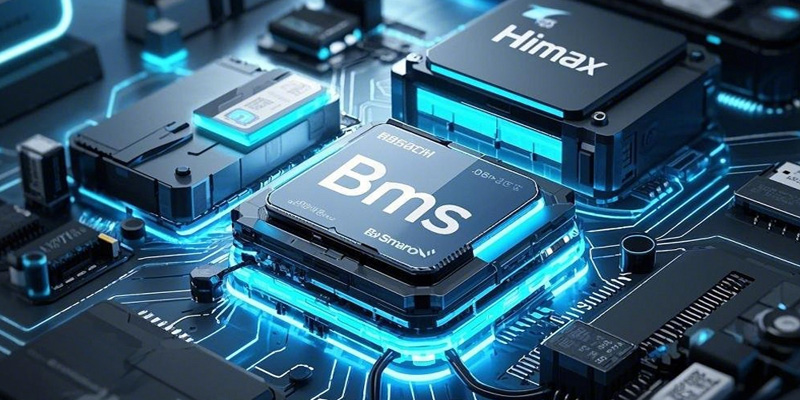
Key Considerations When Choosing the Right BMS for Custom Lithium Battery Packs
1. Compatibility with Battery Chemistry (Li-ion, LiFePO4, etc.)
Not all BMS are created equal. The BMS must be compatible with the specific battery chemistry of your custom battery pack. LiFePO4 batteries, for example, have different voltage profiles and charging requirements compared to traditional Li-ion batteries.
- Li-ion batteries: Typically used in high-power applications (like EVs), requiring a BMS capable of handling higher charging rates.
- LiFePO4 batteries: Often used in solar energy storage systems or forklift lithium battery packs, with a slightly lower voltage but higher stability and longer cycle life.
The battery management system should match the chemistry to ensure safety, reliability, and efficiency.
2. Voltage and Current Rating
The voltage and current rating of the BMS should match your battery pack’s specifications. For example:
- 12.8V and 24V packs are common in solar energy storage systems and small to medium electric vehicles.
- Higher capacity systems, such as 48V lithium battery packs for industrial applications or forklifts, require a BMS that can handle higher voltage and current.
The right BMS will optimize your custom lithium battery pack’s performance, preventing underperformance or damage.
3. Communication Protocols (CAN, SMBus, I2C)
The communication protocol used by the BMS is crucial for integration with your other systems. Most industrial battery applications, including EVs and energy storage systems, use protocols like CAN Bus or SMBus to communicate with controllers and monitoring systems.
- CAN Bus: Ideal for high-power, industrial applications such as forklift lithium battery packs.
- SMBus or I2C: Used in smaller systems or applications requiring low power consumption.
Ensure the BMS supports your system’s protocol to enable seamless communication and monitoring.
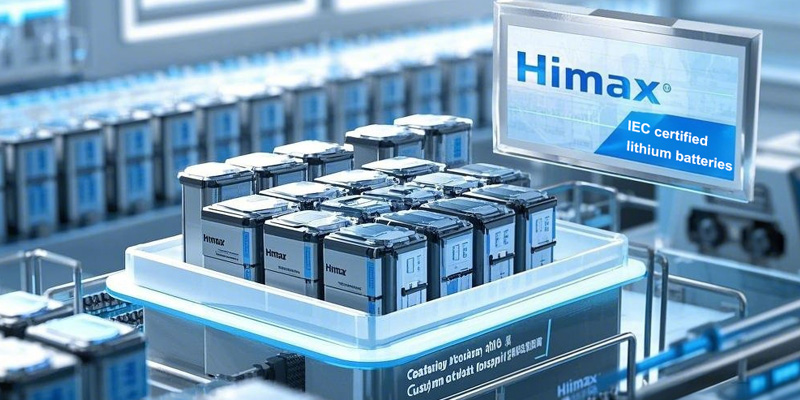
Advanced Features to Look for in a BMS for Custom Lithium Battery Packs
1. Thermal Management Integration
Advanced thermal management is key to preventing overheating, especially in high-power applications like forklift lithium battery packs or electric vehicles. A good BMS will feature temperature sensors and integrate with cooling systems to keep the battery cells within an optimal temperature range.
2. Remote Monitoring and Diagnostics
Modern BMS solutions come with remote monitoring capabilities, allowing you to track the health and status of your custom lithium battery packs from anywhere. This feature is especially useful for industrial applications or energy storage systems, where batteries are deployed in hard-to-reach areas.
Remote monitoring provides:
- Real-time status updates
- Alerts for potential issues
- Data logging for maintenance scheduling
3. Future-Proofing
When selecting a BMS, it’s essential to choose one that allows for future upgrades or system expansions. As energy demands grow, your battery pack may need more capacity, which can be facilitated by a modular BMS design.
Conclusion: Selecting the Right BMS for Your Custom Lithium Battery Pack
Choosing the right Battery Management System (BMS) for your custom lithium battery packs is critical to ensure safety, efficiency, and longevity. Consider the specific requirements of your application—whether it’s a forklift lithium battery pack, an electric vehicle, or an energy storage system—and choose a BMS that matches the battery chemistry, voltage, current, and communication needs of your system.
If you’re looking for expert advice on custom BMS solutions or have questions about custom lithium battery packs, contact Himax Battery today. We specialize in providing tailored battery solutions for industrial, EV, and solar energy applications.

